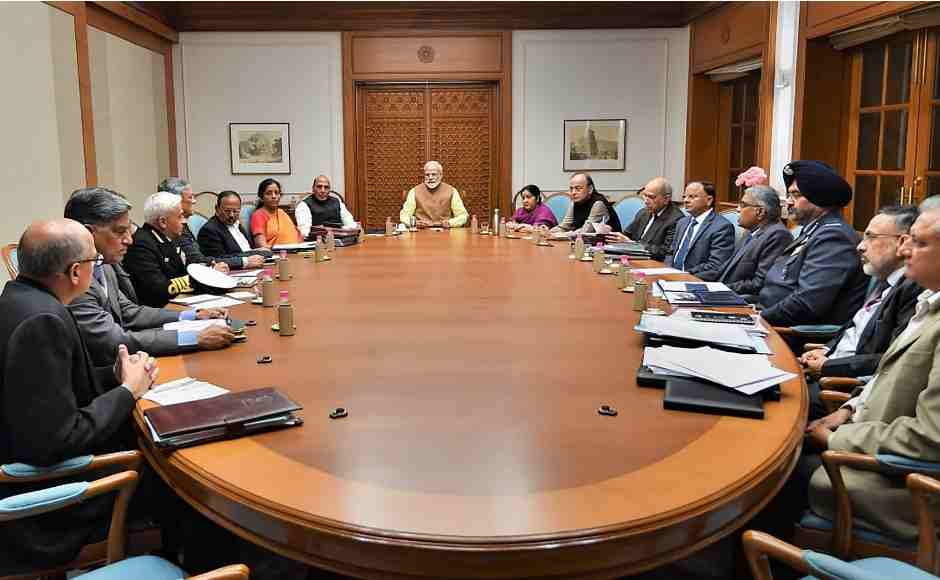by Temitope Oladeji
12/5/2025
The top military operations officials of India and Pakistan are scheduled to hold talks today to determine the next steps for the nuclear-armed neighbours, after the restoration of peace following the most intense border clashes in nearly 30 years.
Saturday’s ceasefire in the disputed Himalayan region brought a halt to four days of heavy cross-border shelling, which had left dozens of soldiers and civilians dead on both sides and severely strained diplomatic relations.
The truce, announced by United States President Donald Trump, followed a period of intense fighting and international pressure led by the United States government.
For the first time in recent days, no overnight explosions or projectile strikes were reported along the border, despite some earlier ceasefire violations.
The Indian Army confirmed that Saturday night was the first peaceful one in the area in several days, though precautionary school closures remain in effect in some zones.
According to a senior Indian military official, New Delhi issued a formal protest via a “hotline” to Pakistan regarding what it described as ceasefire violations on the previous day.
The official warned that India retains the right to respond to further incidents. However, Pakistan’s military has denied any violation of the ceasefire agreement.
India’s Ministry of External Affairs stated on Saturday that the Director Generals of Military Operations from both countries would engage in direct communication today to assess the situation and discuss further coordination.
Pakistan has yet to confirm participation or comment on the proposed discussion.
Tensions between the two neighboring countries escalated dramatically last week after India accused Pakistan of orchestrating an attack that killed 26 tourists in the disputed Kashmir region
In response, India claimed to have carried out targeted strikes on nine “terrorist infrastructure” sites within Pakistan and Pakistan-administered Kashmir.
Islamabad, however, rejected the allegations and said the Indian airstrikes hit civilian areas.
Both countries exchanged missile and drone strikes on military targets during the hostilities, with civilian casualties mounting on both sides.
The confrontation triggered global concern about the possibility of wider conflict between the two nuclear powers.
While Pakistan welcomed Washington’s role in brokering the ceasefire and expressed appreciation for President Trump’s offer to mediate on the Kashmir issue, New Delhi has remained silent on U.S. involvement.
India has consistently maintained that all disputes with Pakistan, including over Kashmir, must be resolved bilaterally without third-party mediation.
India and Pakistan, which have fought three wars since gaining independence in 1947, each control parts of Kashmir but claim it in full.
India accuses Pakistan of supporting a separatist insurgency in Indian-administered Kashmir that began in 1989.
Pakistan denies the accusations, saying it offers only political, moral, and diplomatic backing to the Kashmiri cause.

